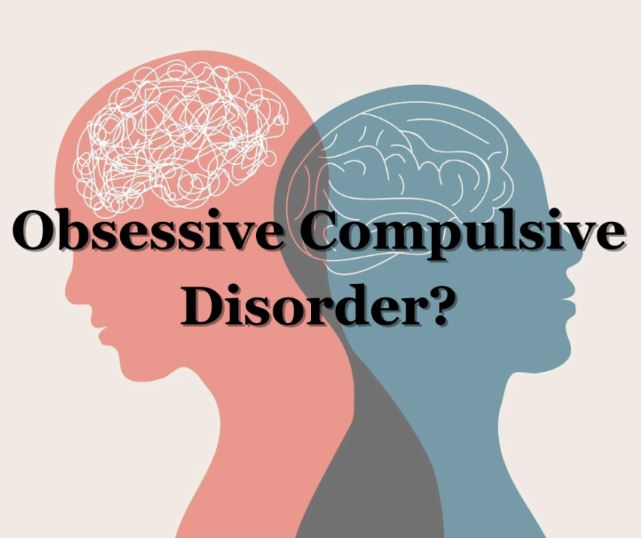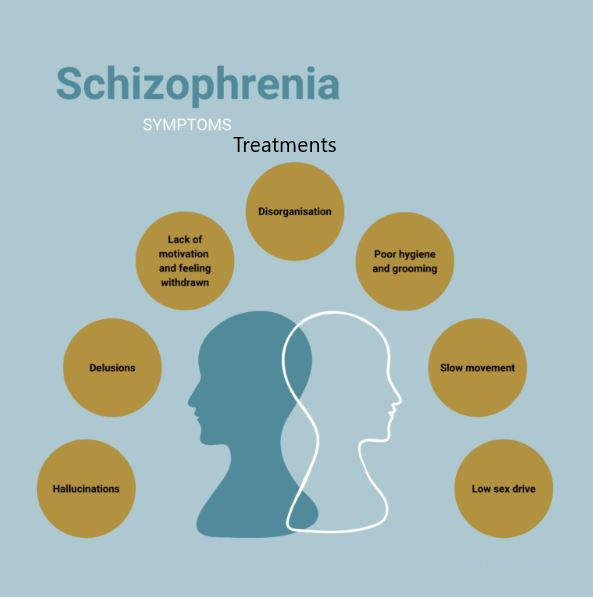Dive into the world of personality disorders, from Borderline to Narcissistic. Understand the symptoms, causes, and treatments available for managing these complex conditions and improving quality of life.

Table of Contents
Introduction
Personality disorders represent a category of mental health disorders characterized by long-standing, inflexible patterns of thought, behavior, and emotional response that differ significantly from those accepted by the individual’s culture. These patterns can lead to significant distress or impairment in personal, social, and occupational situations. Among the various types of personality disorders, Borderline Personality Disorder (BPD) and Antisocial Personality Disorder are particularly notable for their impact on individuals’ lives and relationships.
Borderline Personality Disorder (BPD)
Borderline Personality Disorder (BPD) is a complex mental health condition characterized by significant emotional instability, difficulties in maintaining relationships, a distorted sense of self, and impulsive behavior. This disorder profoundly affects individuals’ lives, influencing their interactions, how they view themselves, and their emotional experiences. The symptoms of BPD can lead to various challenges and distress, both for the individuals affected and those close to them.
Symptoms of Borderline Personality Disorder
- Intense, Unstable Relationships: Individuals with BPD often experience their relationships as being intense and unstable. They may idealize someone one moment and then suddenly devalue them, a phenomenon known as “splitting.” This can result in turbulent and short-lived relationships.
- Impulsive and Risky Behaviors: Impulsivity in areas that are potentially self-damaging, such as engaging in reckless driving, substance abuse, binge eating, or risky sexual behavior, is common among those with BPD.
- Unstable Self-Image: People with BPD may struggle with their identity or sense of self, often experiencing significant changes in self-image or self-identity, which can affect their life goals, values, and aspirations.
- Emotional Instability: Frequent emotional swings and intense emotions are hallmarks of BPD. Individuals may experience intense episodes of anger, depression, or anxiety that last from a few hours to several days.

- Chronic Feelings of Emptiness: A pervasive feeling of emptiness or boredom is commonly reported, which individuals might try to fill with impulsive actions or relationships.
- Explosive Anger: Difficulty controlling anger or having frequent displays of temper can lead to conflicts in relationships and issues at work or other social settings.
- Fear of Abandonment: Individuals with BPD may have an intense fear of abandonment or instability, going to great lengths to avoid real or imagined separation or rejection.
- Self-Harming Behavior: Self-harm, such as cutting, or threats or attempts of suicide, are serious symptoms that require immediate attention and intervention.
Treatment and Management
Treatment for BPD typically involves a combination of psychotherapy, medication management, and support. Dialectical Behavior Therapy (DBT) is particularly effective, focusing on teaching skills to cope with emotional instability, improve interpersonal relationships, and decrease self-destructive behaviors. Cognitive Behavioral Therapy (CBT) and other therapeutic approaches can also be beneficial in addressing distorted thinking and improving self-image.
Medications may be used to treat co-occurring disorders or specific symptoms like mood swings, depression, or anxiety. However, psychotherapy is the cornerstone of treatment for BPD.
Support from family and friends, alongside professional guidance, plays a critical role in the recovery process. Educating loved ones about BPD can help in creating a supportive environment that encourages growth and healing.
Living with Borderline Personality Disorder presents significant challenges, but with effective treatment and support, individuals can lead fulfilling lives. Understanding and compassion from society and loved ones can greatly reduce the stigma associated with BPD, encouraging those affected to seek the help they need.
Antisocial Personality Disorder
Antisocial Personality Disorder (ASPD) is a mental health condition that is part of the Cluster B group of personality disorders, characterized by a long-term pattern of manipulating, exploiting, or violating the rights of others. This behavior is often criminal, and it is marked by a lack of regard for the moral or legal standards in the societal context. Individuals with ASPD exhibit behaviors that are often considered sociopathic or psychopathic, with the terms sometimes used interchangeably in general discourse, although they have distinct clinical definitions.

Symptoms of Antisocial Personality Disorder
- Disregard for Societal Norms or Laws: Individuals with ASPD often engage in behaviors that are grounds for arrest, showing a blatant disregard for societal rules and laws.
- Deceitfulness: This can manifest as repeated lying, the use of aliases, or conning others for personal profit or pleasure, demonstrating a lack of honesty and integrity.
- Impulsivity or Failure to Plan Ahead: People with ASPD tend to make decisions on the spur of the moment without considering the consequences, showing a lack of forethought and planning.
- Irritability and Aggressiveness: Frequent involvement in physical fights or assaults is common, indicating a propensity for violence and a short temper.
- Reckless Disregard for the Safety of Self or Others: This can include engaging in dangerous behaviors without considering the potential harm to oneself or others.
- Consistent Irresponsibility: This symptom is shown by an ongoing failure to sustain consistent work behavior or honor financial obligations, indicating a lack of dependability and accountability.
- Lack of Remorse: Individuals with ASPD often show indifference or provide rationalizations for having hurt, mistreated, or stolen from others, indicating a lack of empathy and guilt.
Impact and Treatment
The impact of Antisocial Personality Disorder on individuals and society can be profound, with affected individuals often finding themselves in conflict with societal norms, entangled in legal issues, or struggling to maintain stable relationships and employment. The disorder can be particularly challenging to treat, as individuals with ASPD frequently lack insight into their condition and may not seek treatment voluntarily.

Treatment options may include psychotherapy aimed at improving interpersonal skills, managing anger, and increasing the individual’s capacity for empathy. However, the effectiveness of treatment can be limited, and there is no specific medication approved for ASPD. In some cases, medications may be used to treat co-occurring conditions or symptoms such as aggression.
Conclusion
Antisocial Personality Disorder poses significant challenges not only to those diagnosed with the disorder but also to their families, communities, and the broader societal structures with which they interact. Early intervention and tailored therapeutic approaches can offer some hope for managing symptoms, though the pervasive nature of the disorder often makes treatment complex. Understanding and addressing the underlying factors that contribute to the development of ASPD, such as childhood abuse or neglect, may offer pathways to more effective prevention and intervention strategies.
Successful treatment can lead to improvement in symptoms and functioning, but it requires the individual’s commitment and may involve both highs and lows. Building a supportive therapeutic relationship and a comprehensive treatment plan tailored to the individual’s specific needs are crucial components of effective care.










